Snowden calls on peers to develop anti-surveillance tech
NSA whistleblower to focus on promoting anti-snooping tools
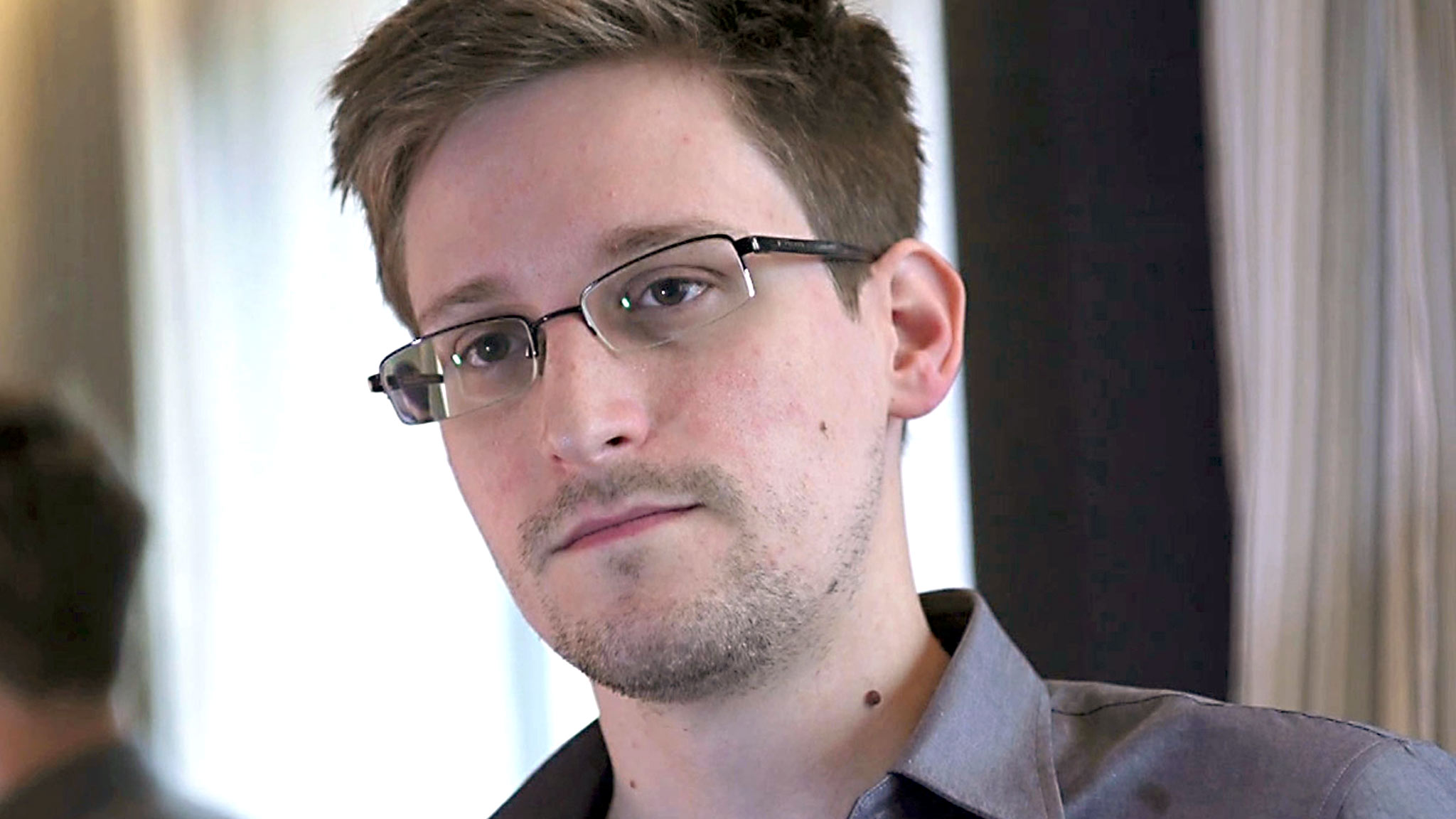
Edward Snowden wants the cybersecurity industry to channel its expertise into creating technologies that prevent governments from snooping on their citizens' online activities.
Snowden, who has become a torchbearer for the anti-surveillance movement after systematically leaking details about US efforts to keep tabs on its residents, was speaking at the Hackers On Planet Earth (HOPE) conference in New York over the weekend.
During his presentation, he called on the audience to pool their resources to create anti-tracking technologies that will encrypt messages and allow people to communicate anonymously online.
"You in this room, right now have both the means and the capability to improve the future by encoding our rights into programmes and protocols by which we rely every day," he said.
"This is what a lot of my future work is going to be involved in."
His conference presentation was broadcast via video link from Russia, where Snowden was granted asylum in June 2013 in the wake of revelations he made about the activities of the US National Security Agency (NSA).
It is understood he has since found work in the country as an IT contractor, but according to a report on Reuters his Russian visa is due to expire at the end of this month.
Get the ITPro daily newsletter
Sign up today and you will receive a free copy of our Future Focus 2025 report - the leading guidance on AI, cybersecurity and other IT challenges as per 700+ senior executives
If the Russian authorities decide not to extend his rights to say in the country, he faces being sent back to the US where he faces criminal charges over his decision to leak classified information about the NSA's activities.
In his most recent round of revelations, published last week, Snowden claimed nude photos accrued by the NSA during its surveillance activities were "routinely" passed around by some members of staff.
The claim was made during a seven hour interview with The Guardian newspaper, where he also shed some considerable light on his life in Russia.
-
 Should AI PCs be part of your next hardware refresh?
Should AI PCs be part of your next hardware refresh?AI PCs are fast becoming a business staple and a surefire way to future-proof your business
By Bobby Hellard Published
-
 Westcon-Comstor and Vectra AI launch brace of new channel initiatives
Westcon-Comstor and Vectra AI launch brace of new channel initiativesNews Westcon-Comstor and Vectra AI have announced the launch of two new channel growth initiatives focused on the managed security service provider (MSSP) space and AWS Marketplace.
By Daniel Todd Published
-
 AWS makes its Panorama Appliance generally available
AWS makes its Panorama Appliance generally availableNews The device helps increase quality control, optimize supply chains, and enhance consumer experiences
By Praharsha Anand Published
-
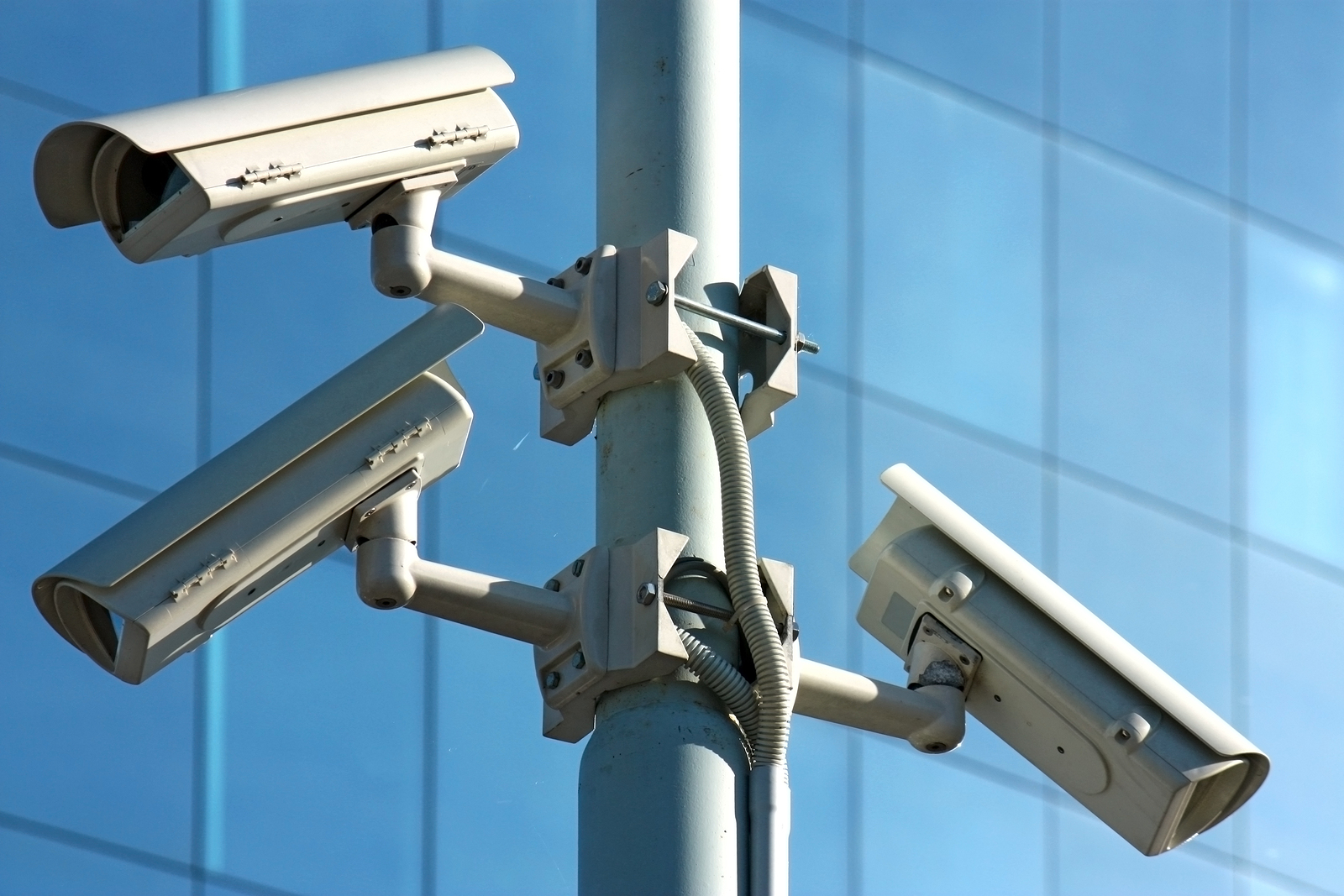 Eagle Eye Networks announces new editions of Cloud VMS
Eagle Eye Networks announces new editions of Cloud VMSNews The editions are suitable for small, medium, and large businesses
By Praharsha Anand Published
-
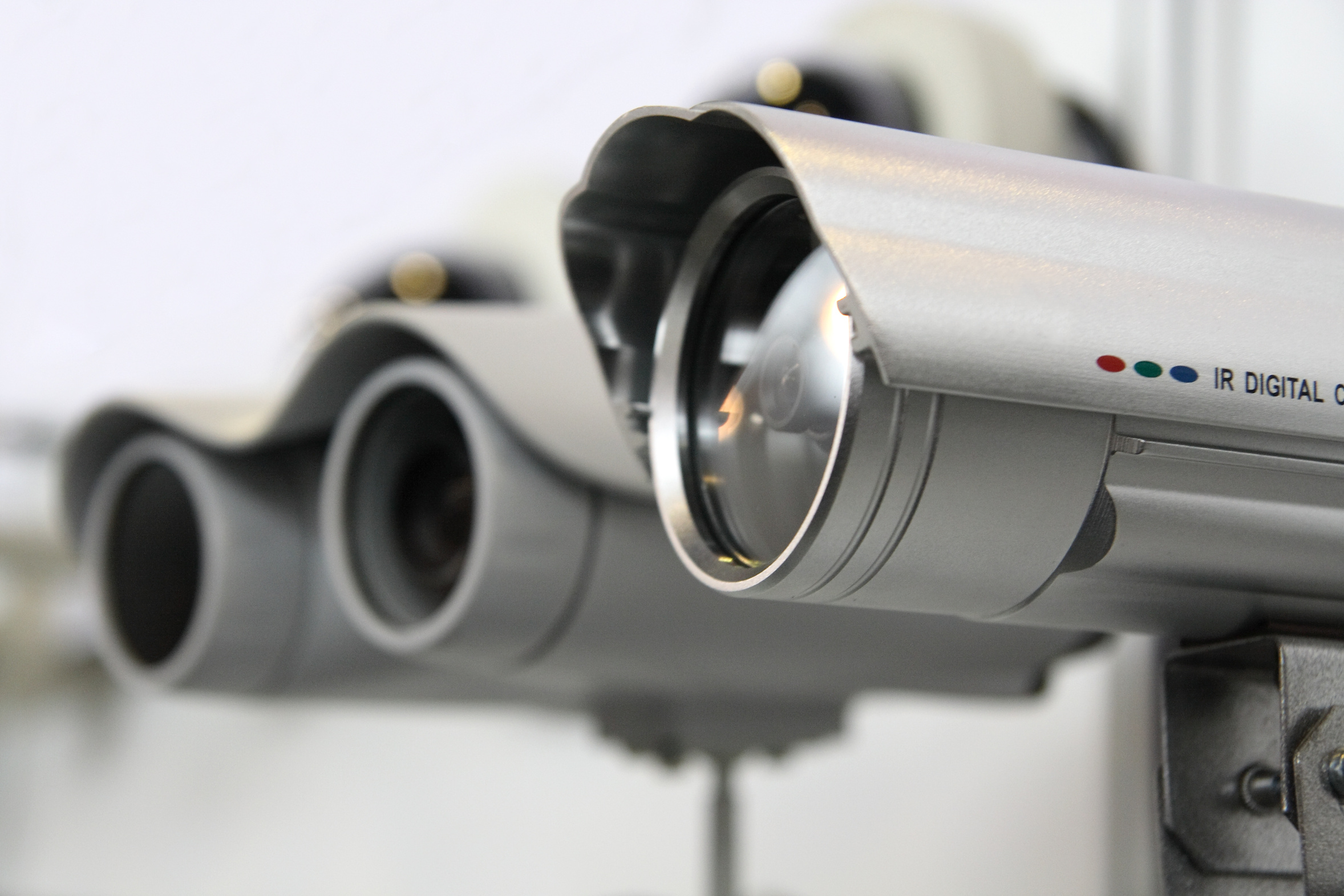 How to build a Raspberry Pi security camera
How to build a Raspberry Pi security cameraTutorials Build your own cut-price surveillance equipment
By Mark Mayne Last updated
-
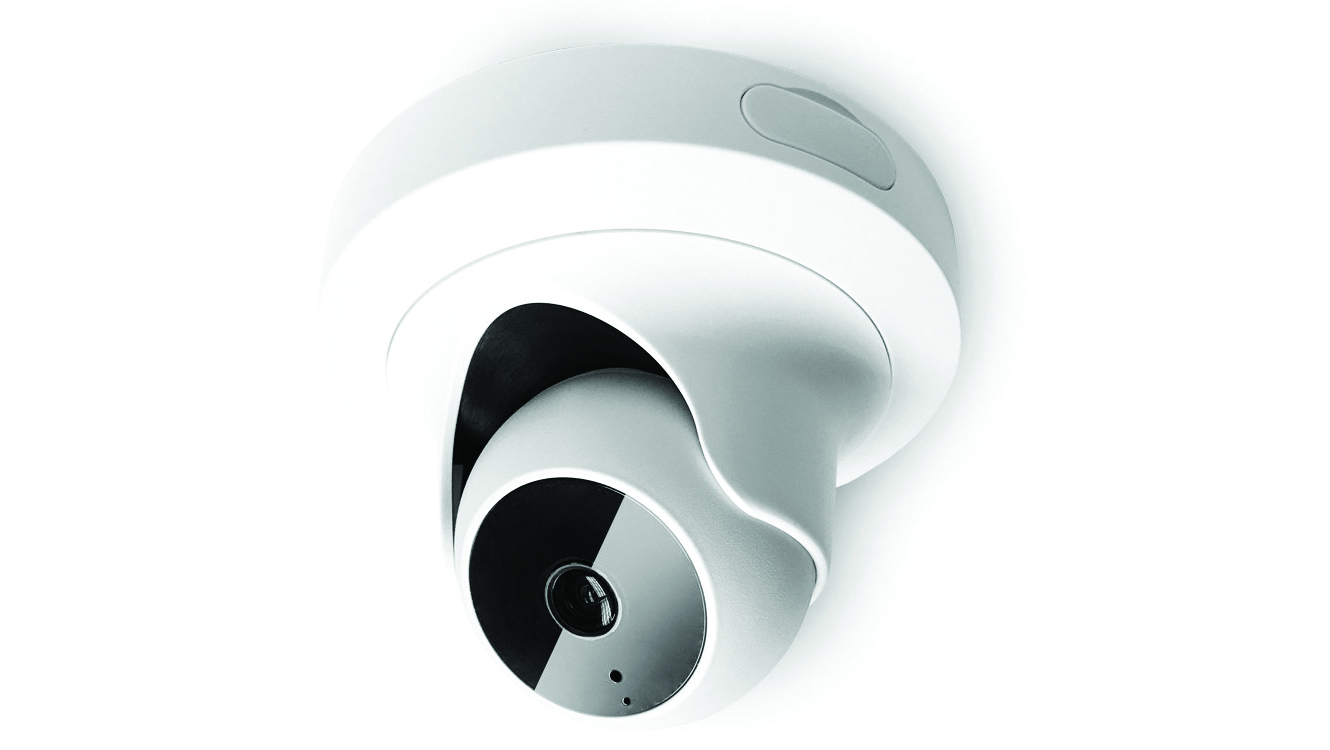
 EnGenius EL-EWS1025CAM review
EnGenius EL-EWS1025CAM reviewReviews A clever hybrid IP camera that combines video surveillance with a wireless AP and support for EnGenius’ Neutron WLAN meshing
By Dave Mitchell Published
-

 Axis M1065-LW review
Axis M1065-LW reviewReviews It’s pricey, but this little 1080p camera simply won’t be beaten for video quality and surveillance features
By Dave Mitchell Published
-
 D-Link Vigilance DCS-4602EV review
D-Link Vigilance DCS-4602EV reviewReviews A very affordable outdoor IP camera that’s built like a tank, though image quality is merely adequate
By Dave Mitchell Published
-
 Big Data surveillance 'risks public's privacy'
Big Data surveillance 'risks public's privacy'News Commissioner looks to limit use of CCTV
By Dale Walker Published
-
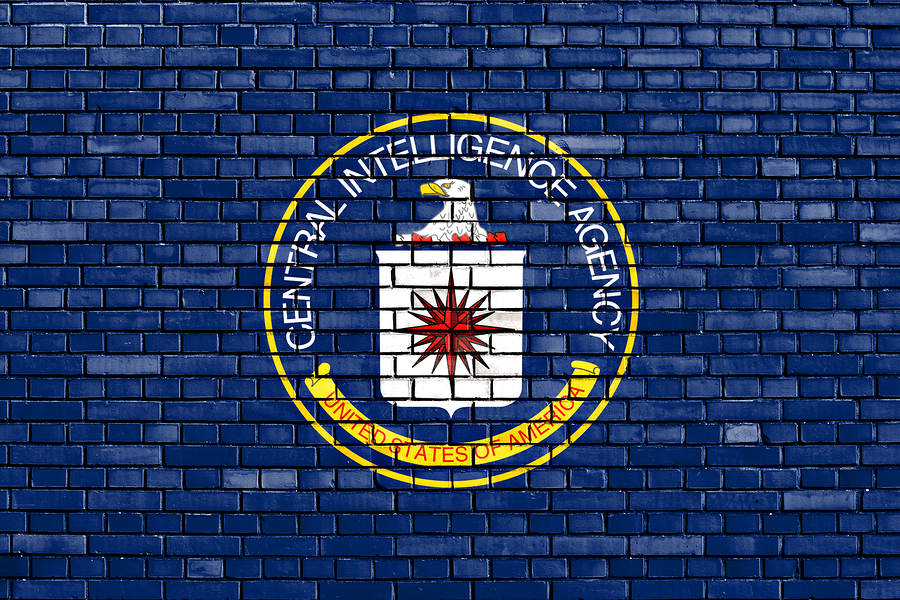 WikiLeaks files expose alleged CIA hacking tools
WikiLeaks files expose alleged CIA hacking toolsNews CIA's tools can break into any kind of operating system, smart device or digital machine
By Clare Hopping Published